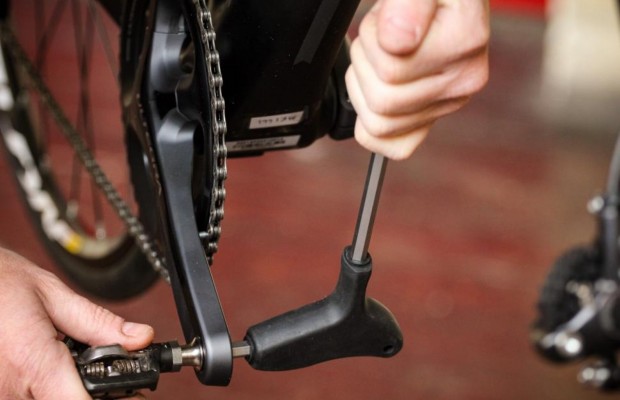Strava, bodyguard and a risk to global national security
The popular social network where millions of athletes share their workouts and activities is once again embroiled in controversy over the security issues that can arise from its use, this time involving the security personnel of some of the world's most important leaders.

Security issues arising from the use of Strava back in the spotlight
Damning information from the French newspaper Le Monde, which, thanks to the use of the Strava application, managed to track the locations of leaders such as French President Emmanuel Macron, U.S. President Joe Biden, and the candidates to lead that country, Kamala Harris and Donald Trump.
Many of these movements were public and therefore did not pose a security problem, but, for example, the trip of the French president was a private trip outside of his official schedule. But how did the journalists from Le Monde obtain this information? Very simply, by following the activities that members of the security teams of these leaders publicly uploaded to Strava.
RECOMENDADO

How to wash your bike at a gas station without ruining it

Tips for staying motivated to go out riding when cold, rain or night lurk

How to choose the right crankset and cassette: a guide to find the right ratio and extend the life of your bike

Can I go cycling with the flu or a cold?

He invented the idea of jumping over the planks, which earned him a World Championship against Van der Poel

How to change the pedals of any bike in 5 steps

Both the secret services of France and the United States have downplayed the information revealed, although the latter have opened an investigation, informing the affected personnel and intending to establish measures to prevent this type of information from being public in the future.
The problem is that this is not the first time this has happened. A few years ago, controversy erupted over a more serious security issue. In this case, it affected U.S. military personnel deployed in places like Iraq or Afghanistan, who publicly uploaded their workouts to Strava. Workouts in which, often, the perimeters of their military bases could be clearly distinguished despite all precautions such as ensuring that these locations do not appear in satellite images like those used by Google Maps.

In any case, we are once again facing a digital culture problem. The problem is not with Strava, a tool that allows athletes to track their workouts and get the motivation needed to keep improving, but with the use that is made of this tool, which, in this case as well as in the previous one involving military bases, does not seem to have been optimal.